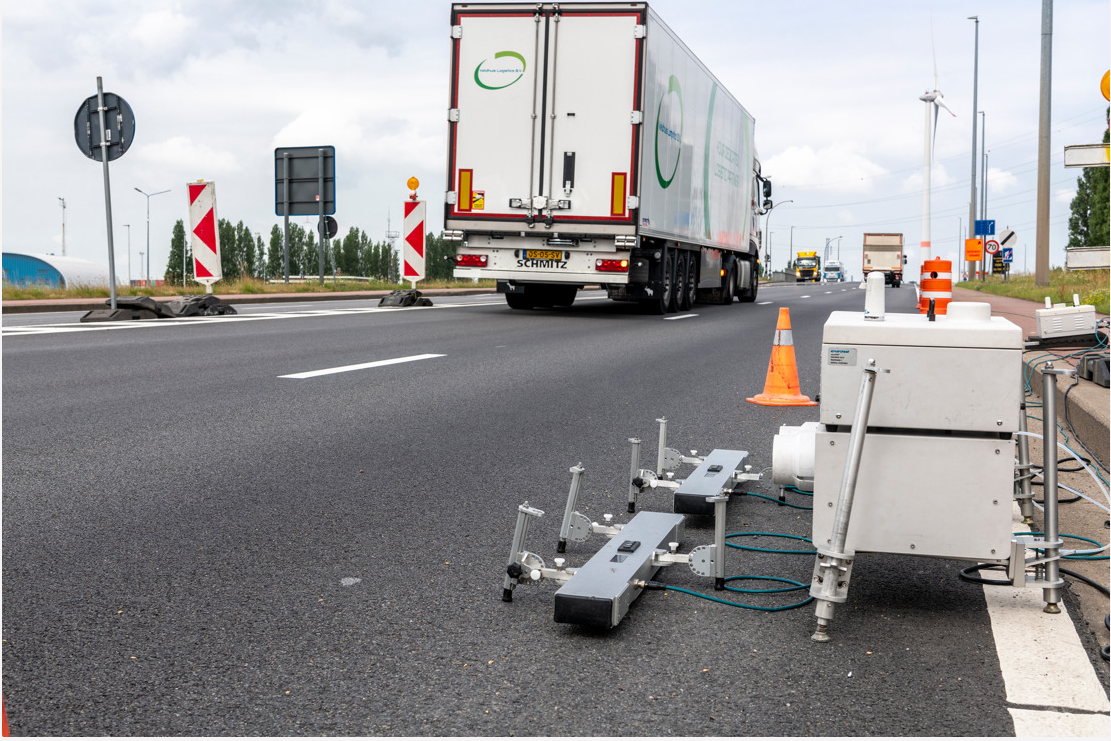
Fraudulent trucks responsible for major emissions in Belgian ports

Via testing with remote sensing, it appears that a small group of faulty or fraudulent vehicles is responsible for a large proportion of emissions in the Port of Antwerp-Bruges /Port of Antwerp-Bruges
A small group of defective or fraudulent vehicles is responsible for many harmful emissions in the Belgian port area. This is according to a


Comments
Ready to join the conversation?
You must be an active subscriber to leave a comment.
Subscribe Today